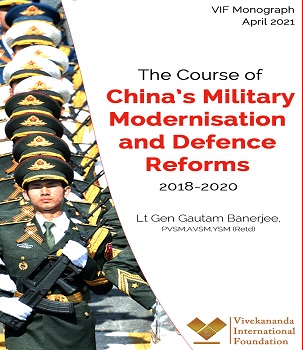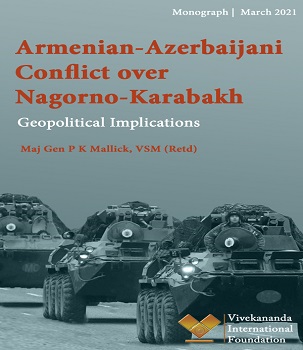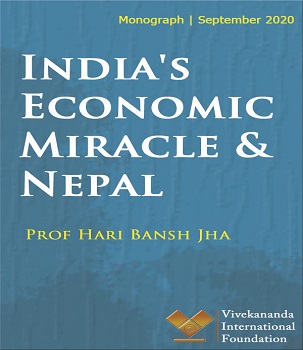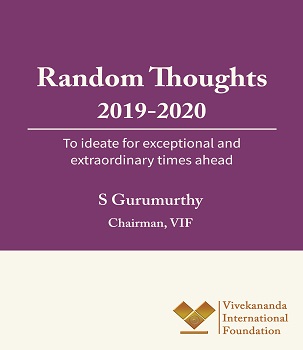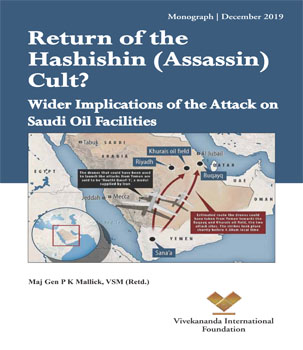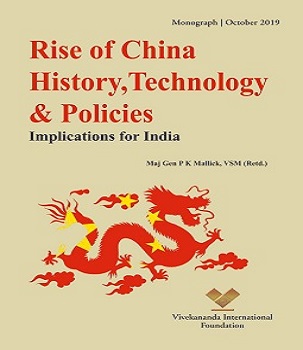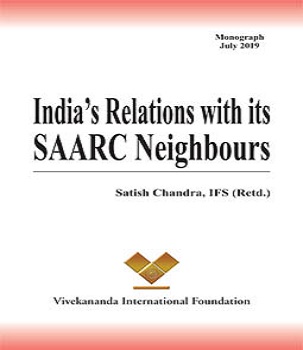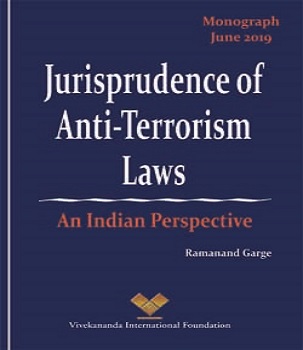The Mughal expansionist tendencies sowed seeds of animosity with the Ahoms. A desire for political supremacy and territorial expansion in the northeast appears to have been a guiding motive of the Mughals under Emperors Jahangir, Shah Jahan and Aurangzeb. The rich natural resources of Assam enhanced Mughal greed. Between 1615 and 1682, the fortunes of both the Ahoms and the Mughals fluctuated. By the end of the 17th century, the Mughals had lost their hold over northeastern India due to persistent military defeats.
… al-Zawahiri’s killing could be the beginning of a new road instead of its end, depending on how the Taliban evolves from here ... Taliban is caught between devil and deep-sea ... There is enormous pressures from international community ... Will Taliban reconstruct Afghanistan or spread jihad and harbour the global Al Qaeda groups?
… according to her own admission, “China faces no threat”. It is therefore a matter to consider as to why China requires such a massive military establishment, a humungous power-bank which, even if intrinsic to its ‘barrel of gun’ ideology, far exceeds its reckonable defence needs - unless it is to provoke, dominate or impose over other nations’ sovereignty … this monograph is an assessment of the CMC’s strategic objectives and the PLA’s current war-worthiness to secure these …
The geostrategic sensitive region of region of Nagorno-Karabakh lies at an intersection of political, ethnic and religious borders of Iran, Turkey, Russia and Georgia. On September 27, 2020 the war broke out with Azerbaijan launching an offensive retake Nagorno-Karabakh and surrounding previously Azerbaijani-populated regions. The war was won by Azerbaijan.
The book “India’s Economic Miracle and Nepal” reiterates the time-tested view that no two countries of the world are as close to each other, particularly at the people-to-people level, as Nepal and India. The relationship between both countries in the socio-cultural, economic, political and spiritual spheres is well known.
The scale, intensity and impact of the massive changes the world is witnessing now because of the Covid-19 phenomenon is unprecedented in human history, unthinkable anytime before in the past and constitutes perhaps the greatest challenge to the future of humanity. Greater and bigger disasters in scale, natural and man-made, have hit the world in the distant and recent past.
The attack on Saudi oil installations has large scale implications for the hydrocarbon supply to the world specially for countries like China, India and the Asian giants of Japan and South Korea. The Strait of Hormuz becomes critical for energy imports of these countries.
Since opening up to foreign trade and investment and implementing free market reforms in 1979, China has become the world’s fastest-growing economy. China has transformed itself from a predominantly agricultural economy into a manufacturing powerhouse. China has taken a leading role in several critical emerging technologies. ‘Made in China 2025’, laid out how and why China would need to move up the technology ladder and close the gap with developed countries.
India's relations with its SAARC neighbours have, over the decades, oscillated from very good to stressed barring Pakistan and Bhutan. With the former they have generally been very bad and with the latter very good. With the rest, notably Afghanistan, Maldives, Sri Lanka, Bangladesh and Nepal, they have seen many ups and downs.
Counter-terrorism practices cannot be effective in the absence of firm and clear anti-terrorism law. In the last several decades, India has developed wide-ranging counter-terrorism practices and mechanism. Yet, it has neither a comprehensive anti-terrorism law nor a definition of terrorism. Plethora of separate legislations are being used in counter-terrorism practices. The concept of federal crime is also missing. The National Investigation Agency (NIA) set-up in 2008 to investigate into terrorism cases.



